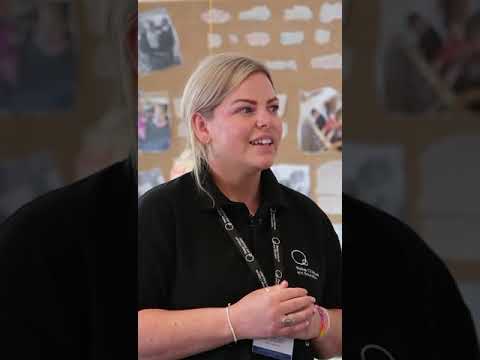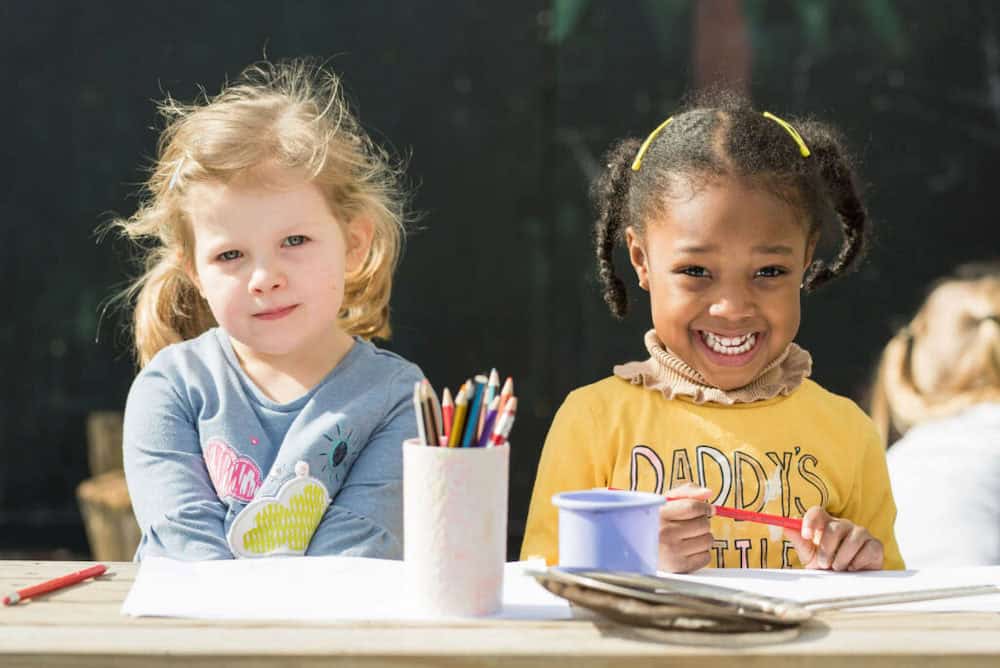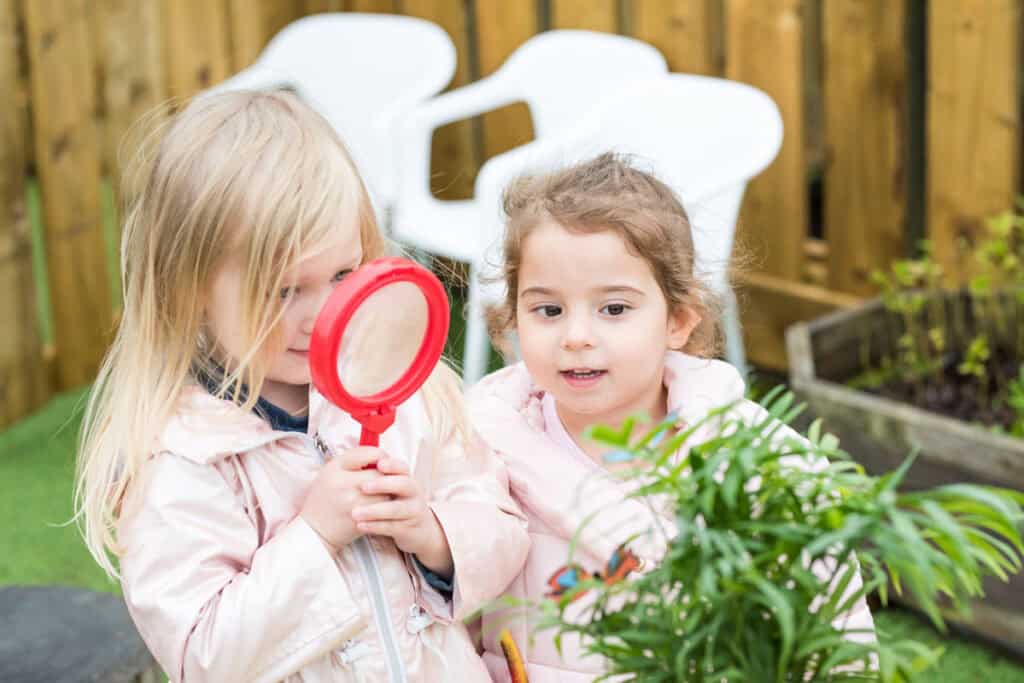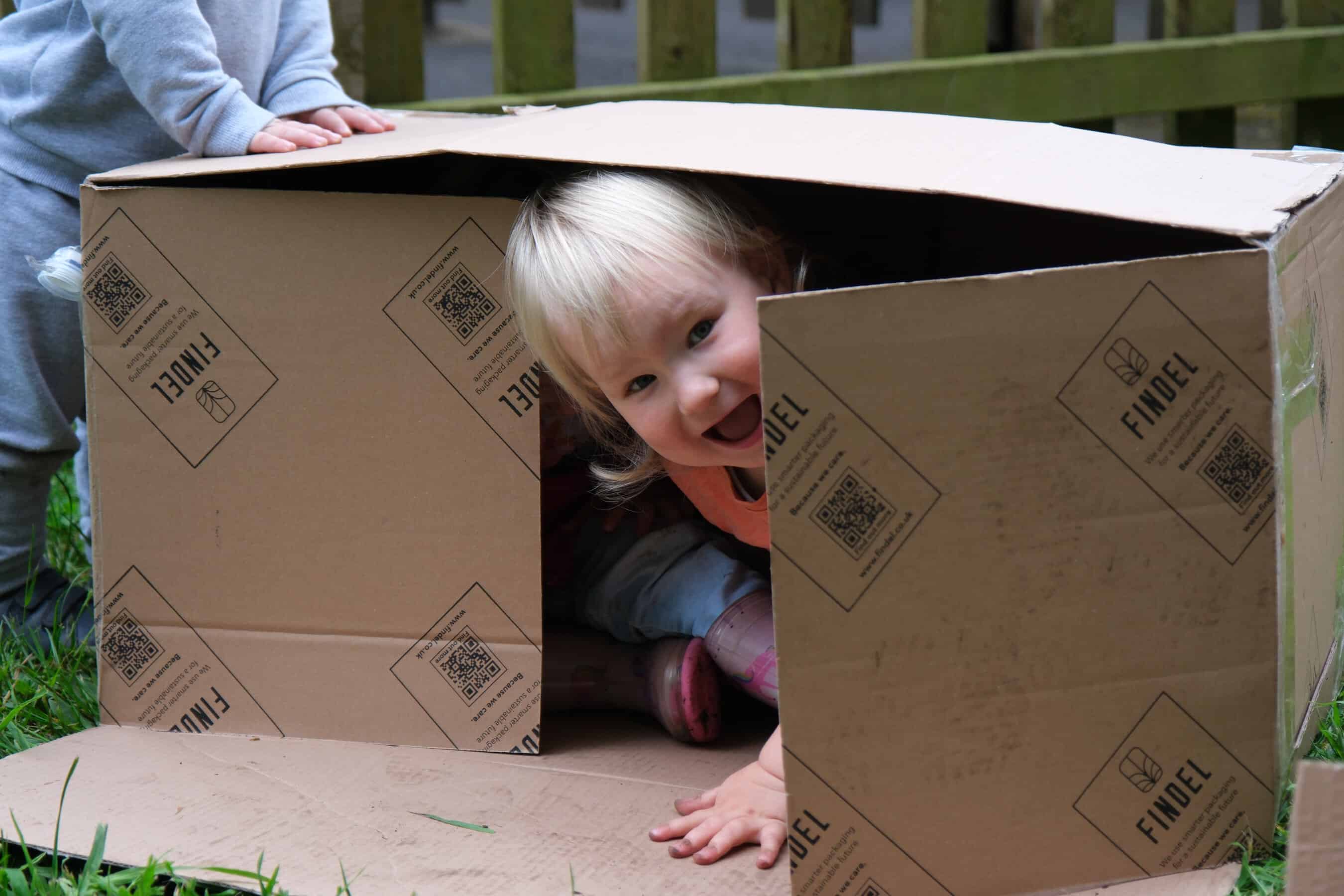This website uses cookies so that we can provide you with the best user experience possible. Cookie information is stored in your browser and performs functions such as recognising you when you return to our website and helping our team to understand which sections of the website you find most interesting and useful.
Loose Parts
The term ‘Loose Parts’ sounds like something you would find in an engineering text book and not something connected to play! The term was first introduced in the 1970s by architect Simon Nicholson who suggested that it is the loose parts in our environment that fuel our imaginations and empower our creativity.
Nicholson believed that all children are born creative beings, curious about the world and keen to explore experiment and discover. Therefore an environment which is rich in open ended resources and real materials invokes this creativity and helps to develop the creative geniuses of the future!
Children often enjoy bringing objects into nursery that they have found such as pine cones and shells and we encourage this, we can then link this to the children’s learning, and the possibilities are endless, think recycling!
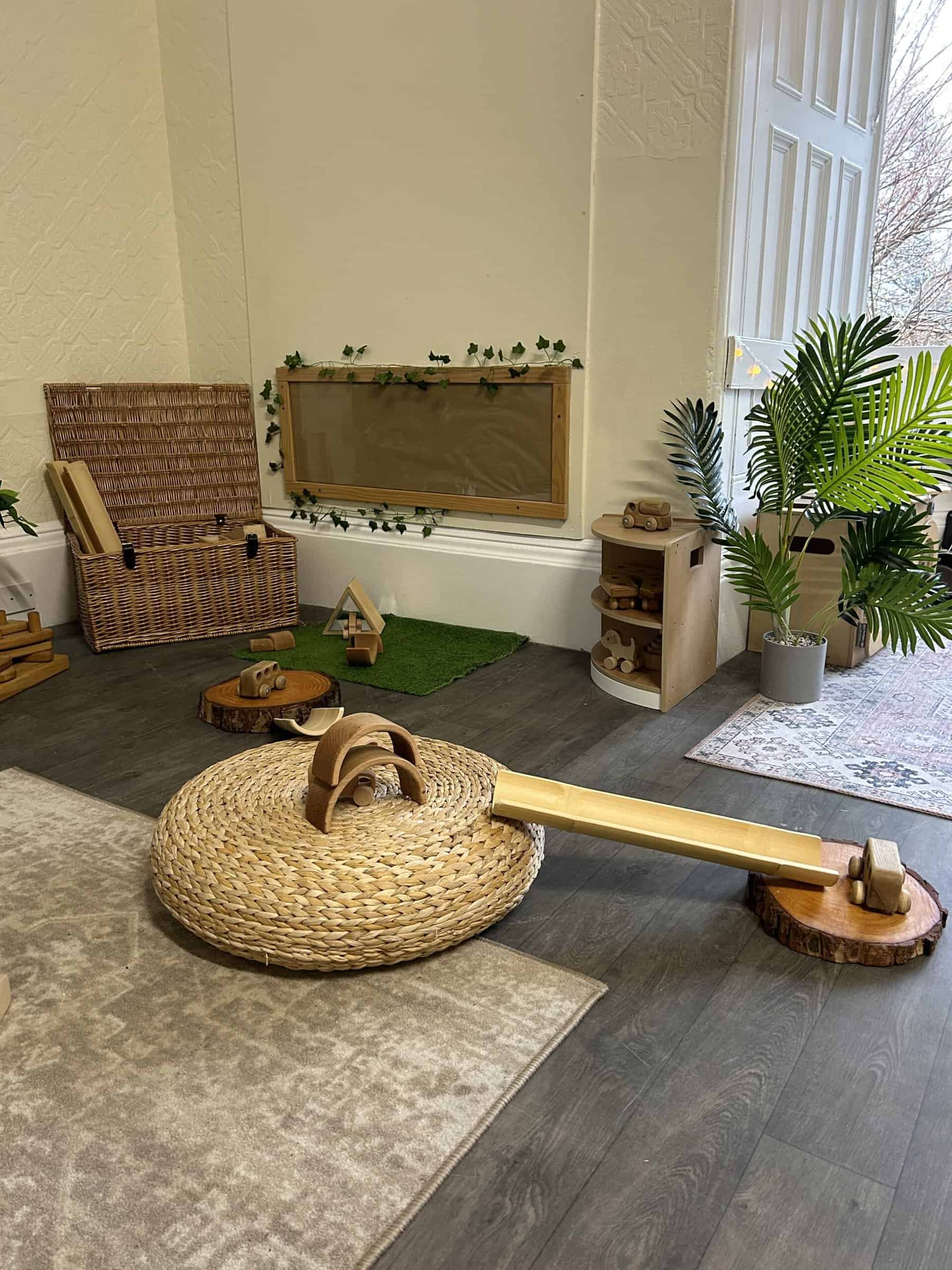

It is important to us here at Thrive to ensure that materials that can be recycled are done so at an appropriate recycling point.
Some ways that we can reduce, reuse and recycle are:
- Collecting and utilising loose parts for play wherever possible
- Ensuring we turn lights off when they are not needed
- Ensuring we do not leave taps running unnecessarily
- Ensuring that children are given appropriate portions of food to reduce unnecessary food waste
- Not suing food for play unless absolutely necessary
- Buying locally wherever possible to reduce our carbon footprint
- Not wasting paper – for example, reusing scrap paper, not overusing hand towels
- Utilising rainwater to water plants
- Thinking twice about buying non-recyclable products such as water bottles, items with unnecessary packaging, and plastic toys
- Having a clothes swap drop-off point for parents to share clothes that children have grown out of
- Having a book swap drop-off point for both staff and parents to share books that they have read
By teaching children to do all of the above, we are instilling in them life lessons that will ensure they grow up to become environmentally conscious citizens.
Why not go on a scavenger hunt?
We encourage you to collect and discuss items whilst you’re at home or out and about and even better bring them into nursery for us all to explore;
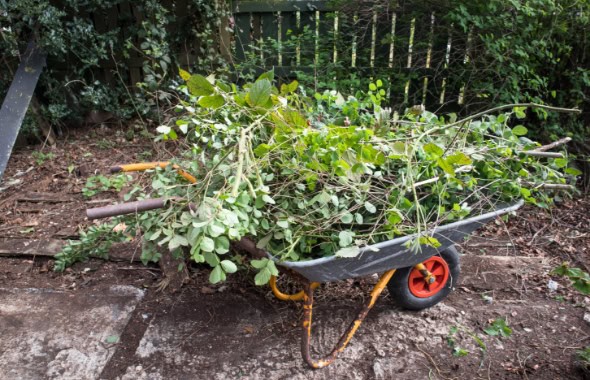
- Sticks
- Wood
- Material
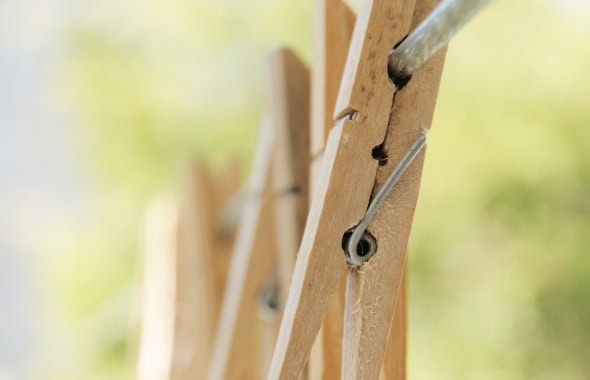
- Wooden Pegs
- Cones
- Shells
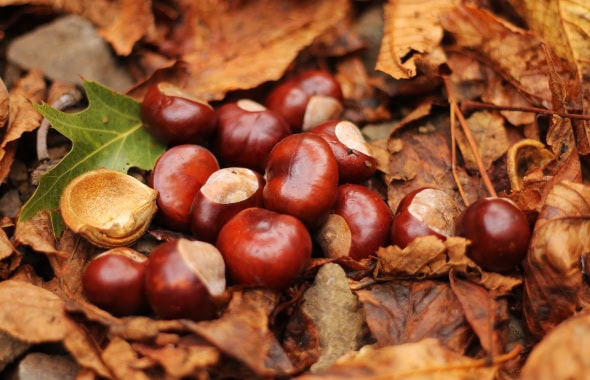
- Conkers
- Pine cones
- Cable Reels
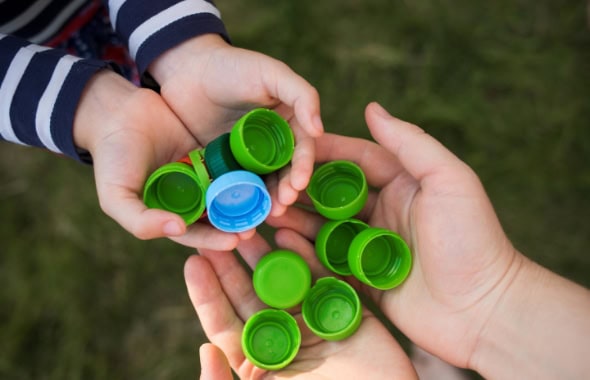
- Bottle Tops
- Cardboard Tubes
- Decorative Spoons

- Large Buttons
- Curtain Hoops
- Glass Nuggets
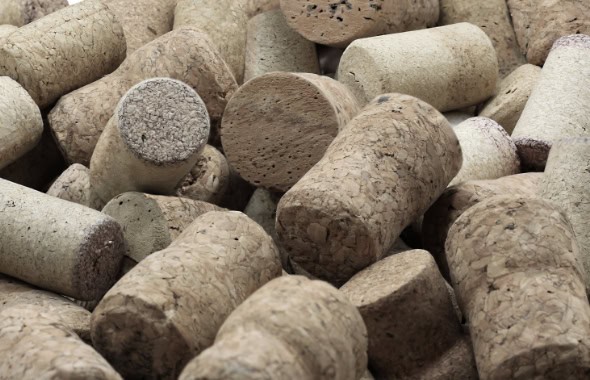
- Boxes
- Logs
- Corks
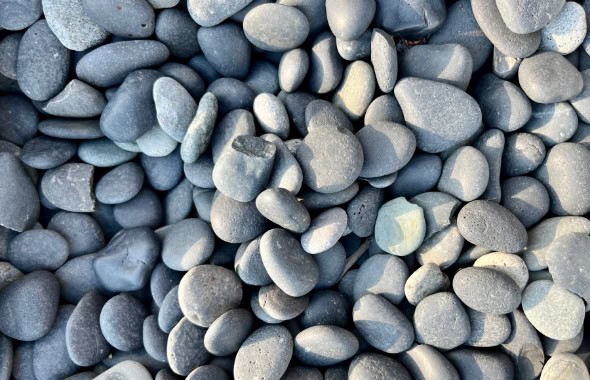
- Pebbles
- Crates
- Picture Frames

- Keys
- Pipes
- Lolly Sticks







